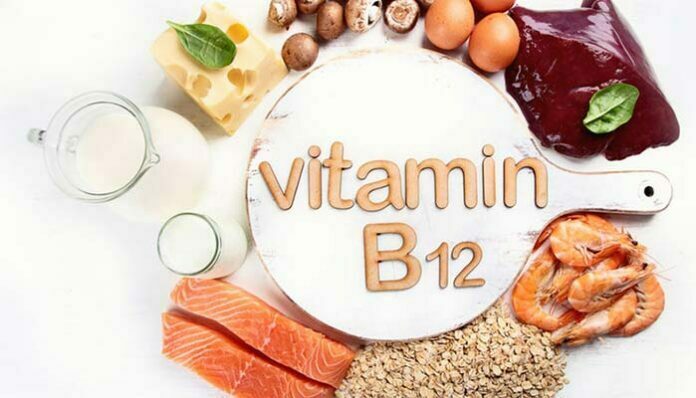Knowing the best sources of Vitamin B12 that you can include in your diet is critical for your health and wellness since vitamin B12 is an essential vitamin that your body cannot produce on its own and because it plays a crucial part in aiding the cells to preserve the nerves.
One of the eight B vitamins is vitamin B12. While all of these vitamins have a variety of functions, vitamin B12 has a few unique ones. Nichola Ludlam-Raine, a specialist registered dietitian, says that vitamin B12 helps our body generate red blood cells, which carry oxygen throughout the body, maintains the health of the nervous system, and helps our body absorb energy from meals.
A pale yellow tint to your skin, a sore and red tongue, irritability, depression, altered vision, mouth ulcers, and pins and needles are just a few signs of vitamin B12 deficiency, according to the National Institute of Health(opens in new tab). According to Ludlam-Raine, some persons will be more susceptible to a vitamin B12 deficit.
“Those who have had half or all of their stomach removed, for example, those after bariatric surgery such as gastric bypass or sleeve gastrectomy, may be at risk of B12 insufficiency,” she explains. This is due to the stomach producing an ingredient known as the “intrinsic factor,” which aids in absorption. B12 is naturally present in meats, fish, dairy products, and eggs, thus those who consume a vegan or vegetarian diet may also be lacking in it.
Everyone should incorporate sources of vitamin B12 in their diet to maintain levels, regardless of whether they are at danger or not. The National Institute for Health has established a daily Nutrient Reference Value (NRV) of 2.4 mcg for men and women who are not pregnant or nursing due to the fact that B-vitamins are water soluble.
Here, we go further into the sources of vitamin B12, the amounts of B12 they deliver, and the additional advantages each source may offer.
1. BEEF
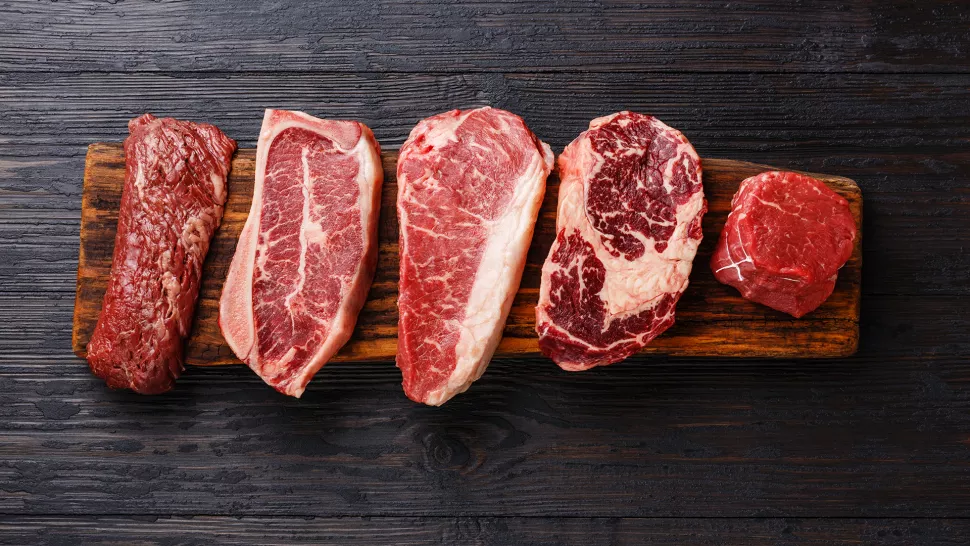
A 190 g beef steak contains around 11.2 mcg of vitamin B12, which is four times the NRV. Beef steaks are a good source of vitamin B12. Additionally, beef contains other essential elements for optimum health.
Beef is a good source of protein, which is essential for the maintenance of healthy bones, muscles, and cells, as well as other B vitamins and the minerals iron, zinc, and selenium.
While zinc aids in the production of new cells and is crucial for wound healing, iron plays a crucial role in the production of red blood cells, which transport oxygen throughout the body. An immune system that is healthy requires selenium.
2.NUTRITIONAL YEAST

Nutritional yeast, which comes in flake or powder form, is frequently fortified with vitamin B12, making it a fantastic source of B12 for all people, but especially for those who follow a vegan diet or other predominantly plant-based diet and need non-animal based sources.
It works well as a thickening in soups, as well as in smoothies, pasta, salads, and risottos. The amount of vitamin B12 in a 5 g serving of fortified nutritional yeast is 2.2 mcg, or almost the daily NRV. In addition to iron and zinc, fortified nutritional yeast also includes other B vitamins.
3.MILK
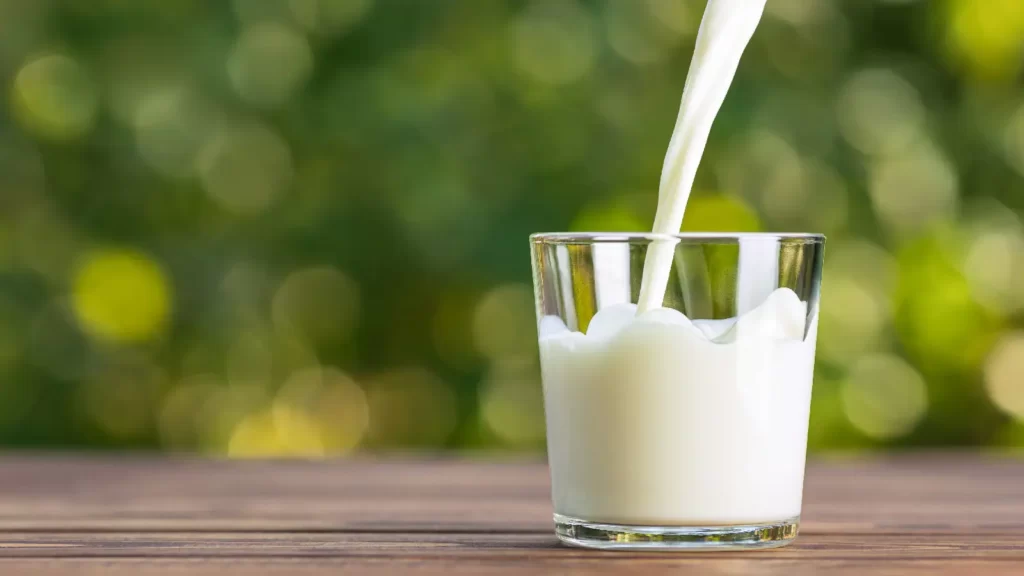
Not only milk but other dairy products like cheese and yoghurt also include vitamin B12. The amount of vitamin B12 in a cup of full-fat milk is 1.1 mcg, or just under half of the daily NRV.
Dairy products like milk, yoghurt, and cheese include additional nutrients, according to Helen Bond, a licenced dietitian and spokesman for the British Dietetic Association. Included in this is calcium, which is crucial for the preservation of strong bones and teeth.
She adds that calcium is beneficial for blood coagulation and muscular function. The calcium in dairy products can sometimes be absorbed and utilised by the body more readily than calcium from other sources.
Iodine is another nutrient included in dairy products, according to Bond, and it supports a healthy metabolism in addition to improving the condition of our skin and brain system.
4.EGGS
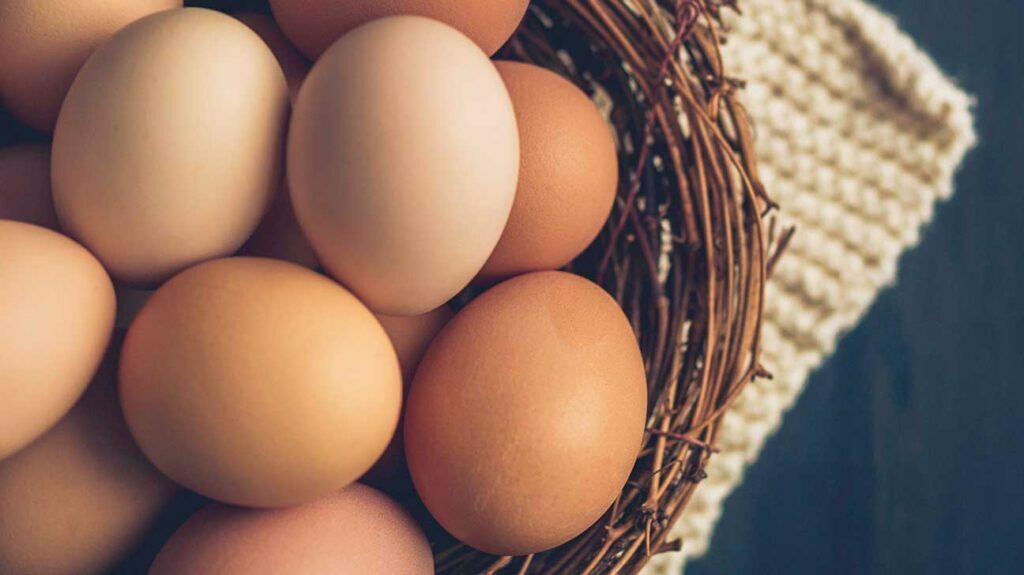
Not only is the common egg a wonderful source of protein, but it is also one of the main sources of vitamin B12.
In actuality, 1.4 mcg of vitamin B12, or roughly half of the NRV, is present in one egg. Therefore, a couple of eggs for breakfast would contribute to meeting your daily requirement for vitamin B12.
In addition, eggs are a good source of selenium, choline, and vitamin D, which are all essential for healthy liver and fat metabolism. Vitamin D is also important for strong bones, teeth, and muscles.
5.SALMON
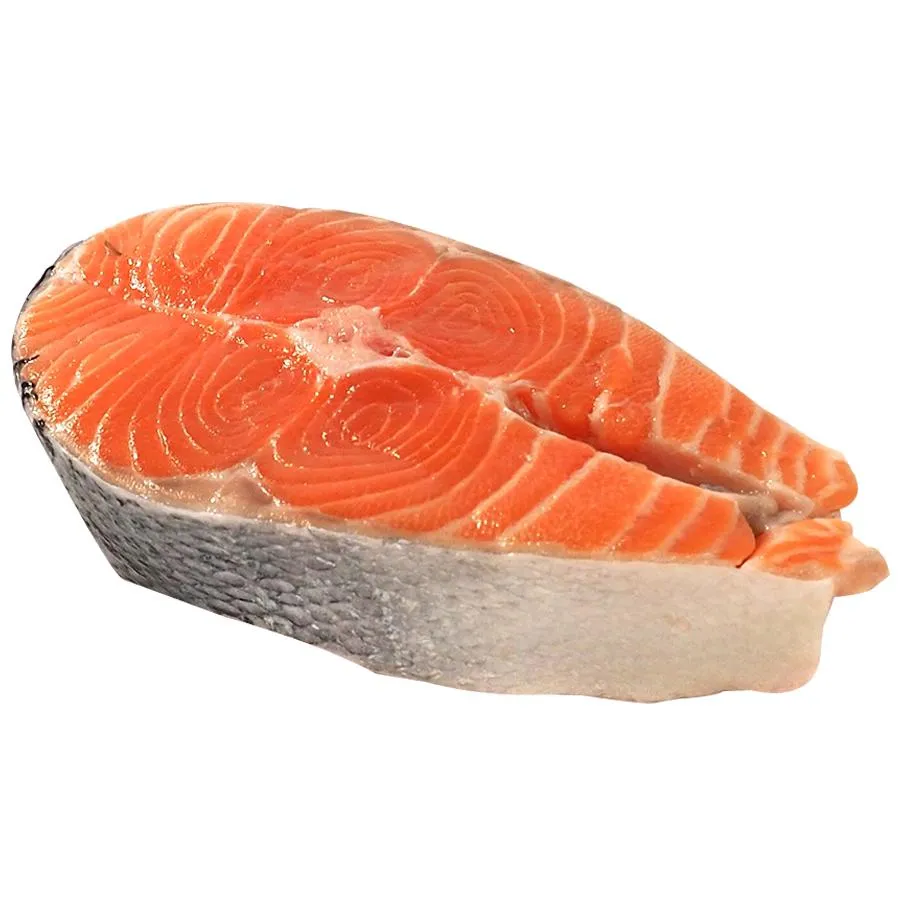
With 3.5 oz (100 g) containing 4.15 mg of vitamin B12, this fatty fish is one of the greatest sources of the vitamin. This is nearly double the daily NRV of vitamin B12.
According to Bond, other fish such kippers, sardines, mackerel, seabass, haddock, and plaice also contain vitamin B12.
In addition to being an excellent source of protein and good fats, fish is also an excellent source of oil, according to Bond. “Salmon is a type of oily fish, and one of the big benefits of oily fish is that it also contains long chain omega-3 fatty acids, which are really beneficial in terms of brain and heart health.”
6.FORTIFIED FOODS

Many foods, including cereals, spreads, and the best milk alternatives, are fortified with vitamin B12. For meat eaters, as well as vegans and vegetarians, this can be a helpful tool to monitor their B12 consumption.
Over the course of 14 weeks, consumption of one daily cup of fortified cereal (fortified with three B vitamins, including B12) was proven to dramatically boost the body’s concentration of B vitamins, according to research published in the American Journal of Clinical Nutrition(opens in new tab).
Other nutrients, such as iron, vitamin D, and vitamin C, are frequently added to fortified foods, providing additional health benefits.
7.ORGAN MEAT
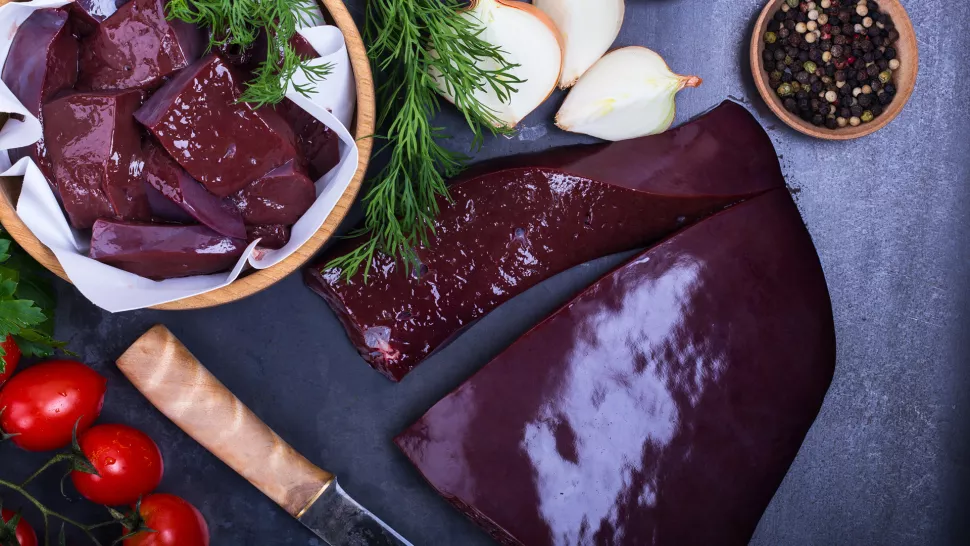
Although some people may not like the flavour of organ meats like liver and kidneys, they are one of the best sources of vitamin B12. A startling 85.7 mcg of vitamin B12 is really present in just 3.5 oz (100 g) of lamb’s liver, which is more than 34 times the NRV of B12.
Organ meats also include additional nutrients, such as iron, which Bond says is beneficial for lowering exhaustion and fatigue.
“Vitamin A, which is essential for maintaining vision and eye health, is also present in organ meats.”
However, pregnant women are advised to avoid liver-related items, such as live patê, as consuming too much vitamin A might be harmful to the developing foetus.
There are some easy techniques to cover up the flavour of organ meats if you don’t like it. You can use a little in a curry with a thick sauce, mixed in with mince, or even added to chilis.


